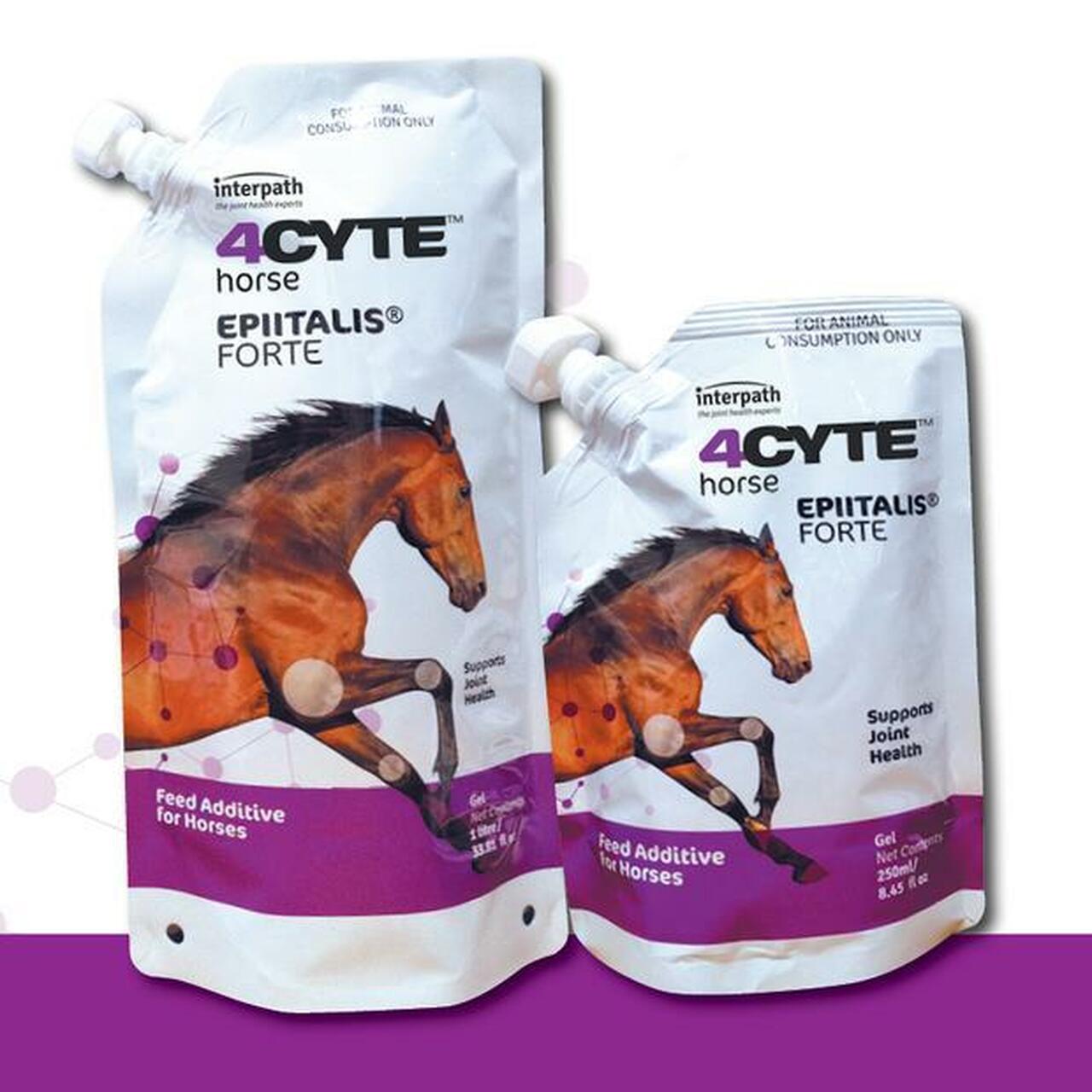Has your horse seemed a bit ‘not quite right’ recently? Maybe a little stiff when moving off, or uncharacteristically unwilling to work? Your equine buddy might be suffering from arthritis.
Arthritis is a common, progressive and painful degenerative joint disease believed to be responsible for 60% of all lameness. It can affect horses of any age, breed and use. Factors that may contribute to the development of arthritis include age, poor conformation, injury; regular, high-impact work; working on hard ground, exaggerated gaits and a long career of jumping.
Signs that may indicate your horse has arthritis include:
• Stiffness that goes away as the horse warms up.
• Subtle changes in the way the horse moves, such as shortening of stride, hollowing of the back, or raising of the head.
• Mild soft swelling of the joints of the distal limbs, or bony swelling in the region of joints of the distal limb.
• Reduced range of motion in joints.
• Reluctance to perform to normal ability.
• Change in personality or willingness to work.
• Some horses may prefer not to lie down as frequently due to pain when rising again.
What to do next:
It is important to diagnose and treat arthritis to help your horse live a comfortable, happy and more active life.
A definitive diagnosis can be made by your veterinarian, and you may wish to consider a daily joint health treatment such as 4CYTE™ for Horses, or 4CYTE™ EPIITALIS® Forte Gel.
4CYTE™ is scientifically proven to reduce pain and repair damaged joints affected by age, injury and arthritis.
This product is available to order from New Plymouth Vet Group and is also available for Dogs.
This article was written in conjunction with 4CYTE.

